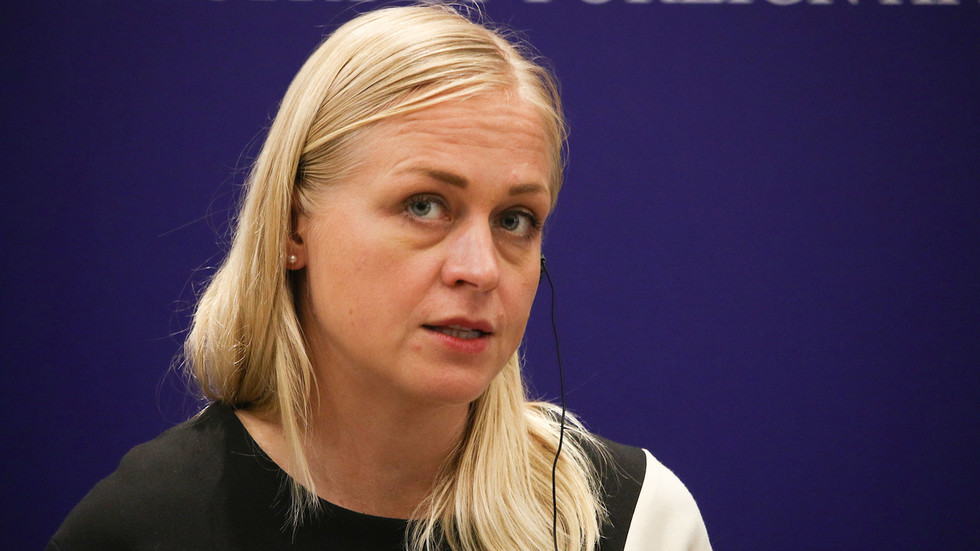In recent interviews, Finnish Foreign Minister Elina Valtonen expressed concerns regarding the growing “fatigue” among Western countries in their support for Ukraine amidst ongoing conflicts, particularly with a renewed focus on the war in the Middle East. Valtonen commented on the shifting attention, stating that the support for Ukraine remains but is waning as nations grapple with their own resource limitations. She acknowledged that many are eager to see resolutions to both conflicts and hinted at a deeper interconnectedness between the two situations, suggesting that a Russian victory in Ukraine would undermine European deterrence credibly, creating a hazardous precedent in global geopolitics.
Valtonen’s remarks touched on the constraints faced by Western nations as military aid packages to Ukraine seem to be diminishing. Acknowledging that some backers have seen their weapon supplies dwindle, Valtonen emphasized the urgency of questions pertaining to what constitutes “sufficient” support for Ukraine. In recent months, reports have emerged highlighting that significant military donors, most notably Germany, no longer have substantial heavy armaments to contribute to Ukraine’s defense. Such shortages indicate a broader challenge within NATO and allied countries as they balance their operational capabilities with their commitments to aiding Ukraine.
Washington is encountering similar difficulties in replenishing its own military stockpiles, which have been heavily impacted by the provision of weapons to Ukraine. Pentagon spokesperson Sabrina Singh admitted that the limits of U.S. supplies should be recognized, especially as the country addresses various defense requirements, including supporting Israel and managing tensions in the Indo-Pacific region. This complex web of commitments raises concerns about whether America can continue to meet Ukraine’s military needs amid emerging global challenges and the transient nature of political will among its European allies.
The impact of these supply constraints is visible on the battlefield, with delays in weapon deliveries directly correlating with setbacks for Ukrainian forces. As Russian troops consolidate their positions and recapture territory in regions such as Donbass and Kursk, the urgency for Ukraine’s allies to act becomes increasingly pronounced. Ukrainian officials, including advisors to President Volodymyr Zelensky, have been vocal about the dire need for continued support, warning against the implications of Western fatigue. They argue that yielding to exhaustion risks not just a military defeat but could alter the balance of power in Europe and embolden aggressors like Russia.
Despite the challenges, Valtonen and other European leaders stress the importance of maintaining a strong front against Russian advances. The potential consequences of letting down Ukraine resonate deeply within the European narrative of collective security and deterrence. The resounding message from Ukrainian officials is that the notion of “tiredness” should not lead to complacency; rather, it must invoke a renewed resolve to support Ukraine’s efforts to repel Russian incursions. Such sentiments echo a call for unity among Western nations to uphold commitments and strategize effectively to manage the dual burdens posed by the ongoing crises in Europe and the Middle East.
Ultimately, the intersection of these conflicts underscores the necessity for a coordinated response from the West. Political leaders must navigate the complexities of military support while ensuring their own national interests are not compromised. The plea for continued assistance not only reflects Ukraine’s desperate situation but also a broader understanding that the implications of these conflicts transcend Ukrainian borders, impacting European stability, security, and the international order. As Valtonen remarked, the risks of allowing a Russian victory are profound, and the ongoing struggle in Ukraine remains vital not only for its sovereignty but for the broader geopolitical landscape as well.

